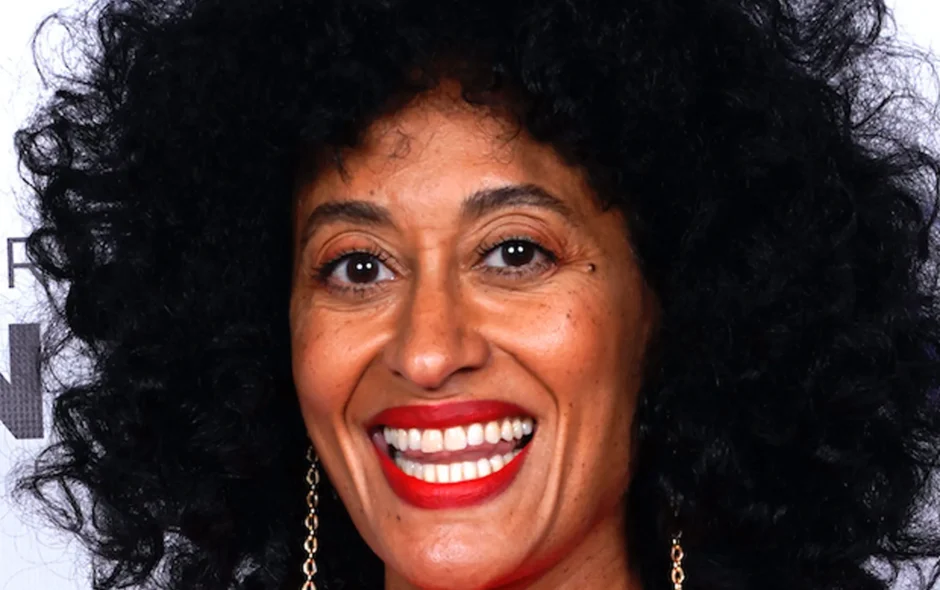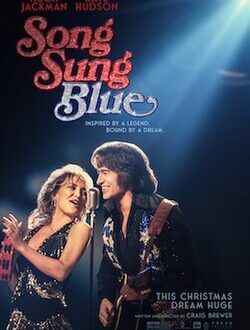Tracee Ellis Ross has built a career and a reputation that stand entirely on her own terms. Born into one of music’s most famous families, she could have been content with life in the shadow of her legendary mother, Diana Ross. Instead, she carved a distinct path defined by humor, independence, creativity, and resilience, emerging as one of the most versatile and admired figures in contemporary entertainment.
Ross entered the world on October 29, 1972, in Los Angeles. Her mother’s influence loomed large, and her father, music manager Robert Ellis Silberstein, kept her close to the rhythms of performance and artistry. From the beginning, however, Ross’s trajectory bent toward reinvention. After attending the Dalton School in New York and the Institut Le Rosey in Switzerland, she pursued higher education at Brown University, graduating in 1994 with a degree in theater arts. Rather than leap immediately into acting, Ross explored the world of fashion. She worked as a model and then as a contributing fashion editor, cultivating a sense of style that would later become a hallmark of her public persona.
Her first onscreen appearances came in small film roles in the mid-1990s, but her major breakthrough arrived in 2000 with Girlfriends. As Joan Clayton, Ross embodied a successful but vulnerable attorney navigating life, love, and friendship. The show quickly became a cultural touchstone, running for eight seasons and earning her devoted fans and multiple NAACP Image Awards. Ross’s comedic timing, expressive physicality, and ability to balance lighthearted humor with emotional depth made her a standout.
When Black-ish premiered in 2014, Ross solidified her place in television history. As Dr. Rainbow “Bow” Johnson, she brought warmth, intelligence, and complexity to the role of a physician and mother raising children within a rapidly changing cultural and political environment. The performance won her a Golden Globe, multiple Emmy nominations, and additional Image Awards. She also extended the story of Bow’s world by co-creating and narrating Mixed-ish, which chronicled the character’s biracial upbringing. In both series, Ross helped shape narratives about family and identity that resonated widely with audiences.
Outside of sitcoms, Ross has demonstrated a passion for storytelling that reflects her belief in representation and cultural history. In 2022, she co-created and hosted The Hair Tales, a docuseries examining the significance of Black hair through the stories of women from various walks of life. For Ross, the project was personal, an extension of her lived experience and her ongoing mission to spotlight stories that often go untold in mainstream media.
Fashion has always been central to Ross’s identity. Known for bold color palettes, unconventional tailoring, and an ability to marry glamour with playfulness, she has consistently challenged the boundaries of red-carpet style. She has often described clothing as an extension of self-expression and a tool for joy. In 2025, she garnered particular attention at the Met Gala, arriving in a look she described as “the dandy that lives in me,” mixing classic menswear tailoring with modern elegance. That same year she received WWD’s Fashion Trailblazer award, a recognition of her fearless approach to personal style and influence in the fashion industry.
Her entrepreneurial spirit is equally noteworthy. In 2019, Ross founded Pattern Beauty, a haircare line designed specifically for curly, coily, and textured hair. Inspired by her own struggles to find products that served her needs, she built the brand to celebrate natural hair and empower people to embrace it fully. What began as a modest launch has since grown into a thriving business with dozens of products and partnerships across major retailers. Ross has described Pattern Beauty as one of her proudest achievements, an act of both creativity and advocacy.
In 2025, she took another step into lifestyle storytelling with Solo Traveling with Tracee Ellis Ross on The Roku Channel. The series reflects her philosophy of intentional living, where independence and curiosity are sources of strength rather than isolation. Ross has long championed the value of being comfortable alone, reframing solitude as a privilege and a form of luxury. She describes happiness not as an escape but as a daily practice grounded in presence and self-respect. For Ross, embracing singlehood has never been about what is lacking but about what is possible.
Her candor about life’s complexities has made her voice resonate beyond the screen. She speaks openly about self-care, about the pressures and joys of being both the child of a superstar and her own woman, and about navigating the intersections of race, gender, and creativity. What makes her particularly compelling is her refusal to be defined by any single role. She is as comfortable producing documentaries as she is headlining a primetime comedy, launching a beauty empire, or experimenting with fashion that disrupts convention.
Tracee Ellis Ross embodies a rare balance of exuberance and intentionality. Her career continues to expand in ways that reflect her wide-ranging talents, but always with the same core values: authenticity, independence, and joy. She has become not only a star but also a model of what it means to live fully and unapologetically, crafting a life that inspires others to embrace their own identities without compromise.




